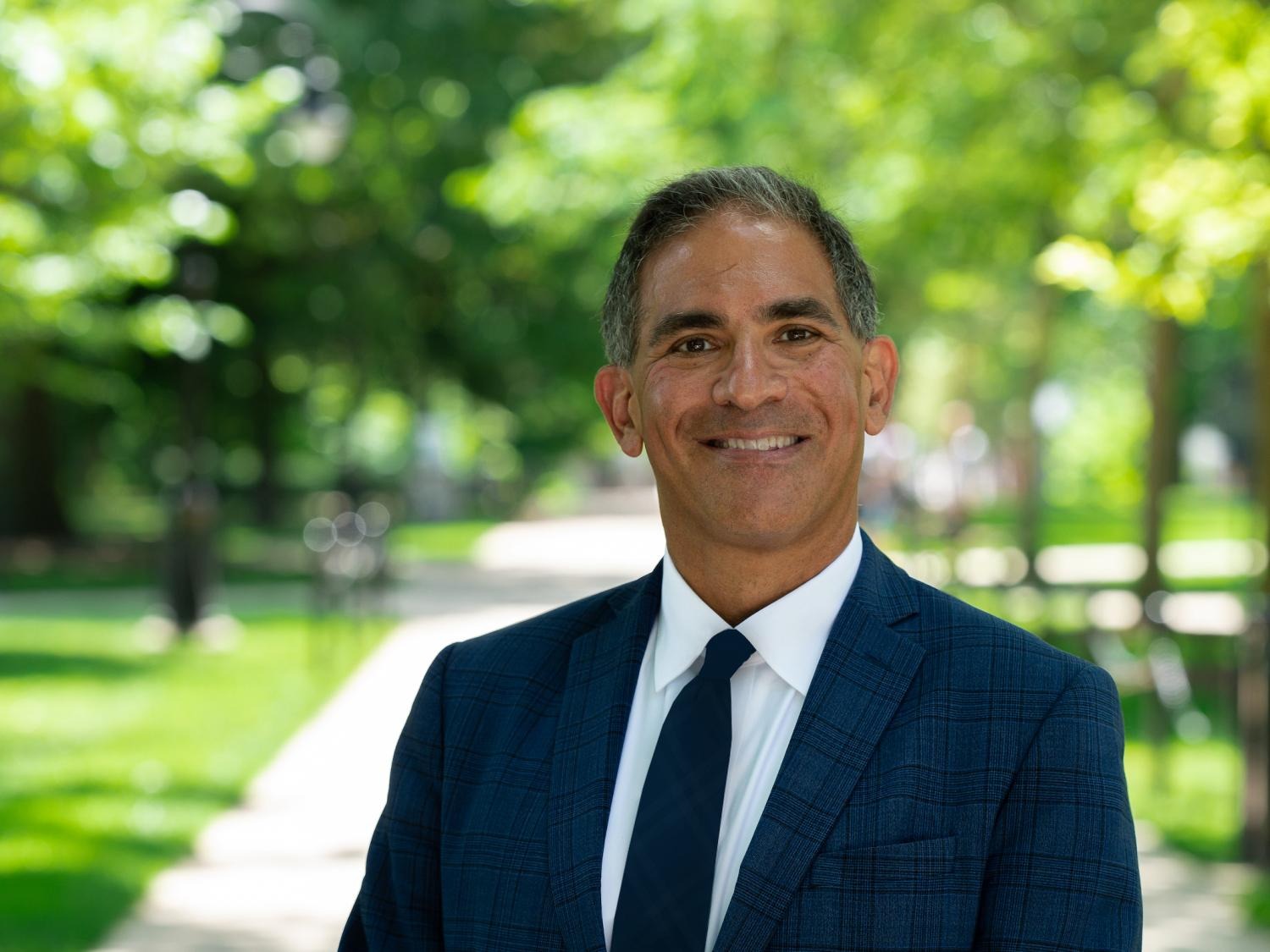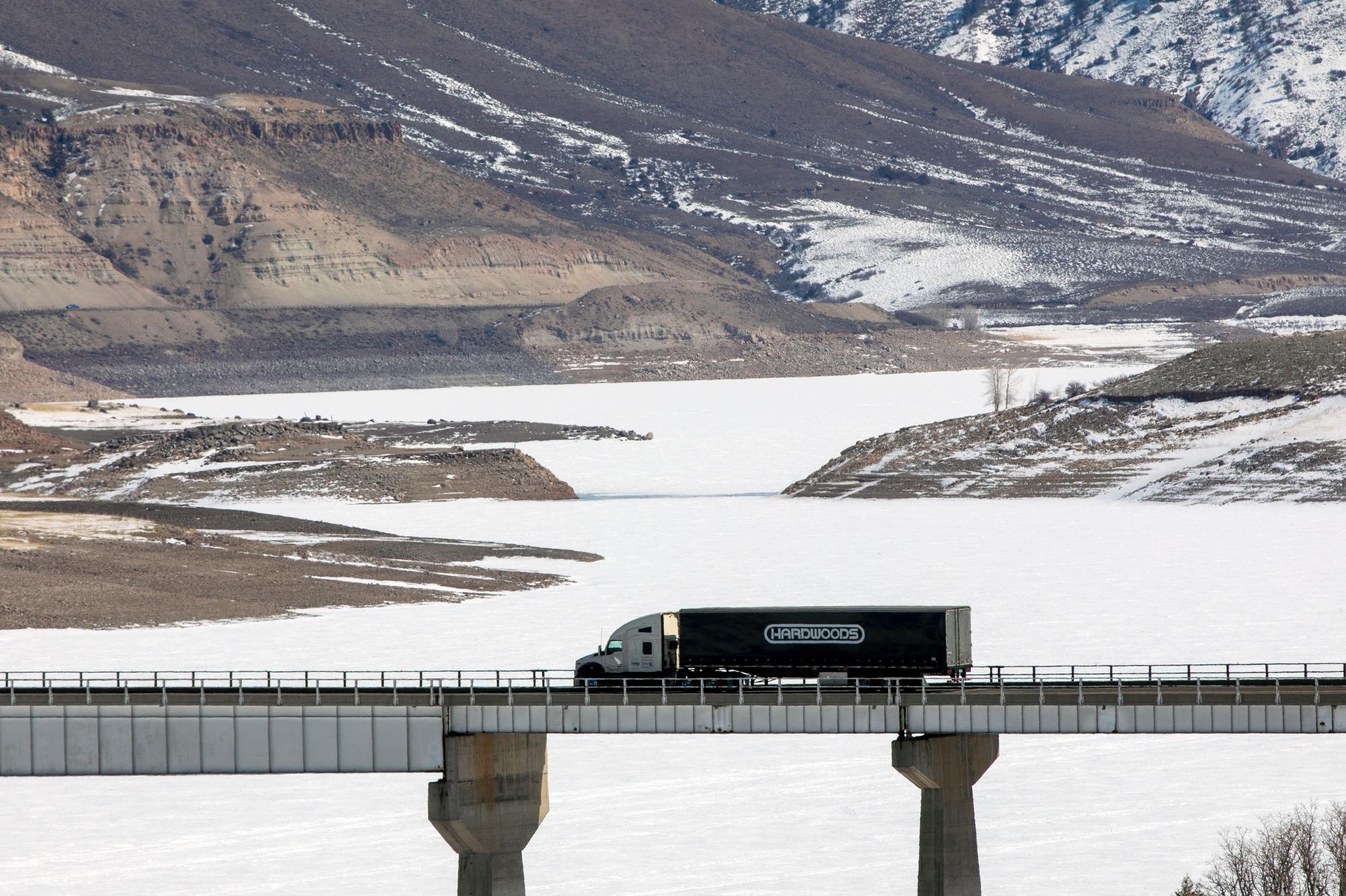
Colorado could see dramatic declines in climate-warming gases and local air pollutants if it can convince companies, governments and other operators of large fleets to use zero-emission trucks, vans, and other medium- and heavy-duty vehicles.
A new state-commissioned analysis projects that aggressive zero-emission vehicle policies could result in greenhouse gas reductions of up to 4.4 million metric tons compared to projected levels annually by 2050, a 59 percent drop compared to a no-action scenario. Local air quality could also improve significantly, as vehicle-emitting nitrogen oxide and fine particulate matter would also fall significantly.
“Not only will this have a meaningful impact on the state’s contribution to climate change but it will also have a significant impact on communities across Colorado that suffer from poor air quality due to elevated levels of transportation related air pollutants,” the study’s authors concluded.
Long-term savings add up to billions of dollars
Those changes could result in a benefit to the state’s residents of up to $26.6 billion in 2050, a number the study’s authors generated by quantifying the “social value” of pollution reductions and adding in the long-term savings associated with newer, cleaner vehicles powered by batteries, hydrogen and renewable natural gas.
Those gains rely on the transformation of fleets that collectively contain hundreds of thousands of medium- and heavy-duty vehicles, like buses, delivery vans and tractor-trailers. The market for the largest of those vehicles is still in its infancy.
But Kay Kelly, chief of innovative mobility for the Colorado Department of Transportation, said there are already some zero-emission school and transit buses on the market.
“Those are probably the most mature markets. We think that that's probably the lowest hanging fruit we have,” Kelly said in an interview. “We still might need a step ladder to get to it. But we think that that's probably one of our early opportunities.”
The state’s largest transit agency, the Regional Transportation District in the Denver area, has some three dozen battery-electric buses that operate exclusively in downtown Denver and will add 17 more in the next few years.
Higher purchase costs have kept cash-strapped RTD from adding more electric buses to its fleet, but it, and other transit agencies across the state, could receive state money to incentivize their purchase.
The conversion of government-owned fleets would help establish the infrastructure and systems needed to support zero-emission medium- and light-duty vehicles, the study’s authors wrote. That could make the switch easier for more risk-averse private businesses.
Fleet operators favor more time to switch
Still, a small survey of fleet operators indicated that most of them are opposed to a quick, five-year transition. The 80 survey respondents were more open to a 10-year switch.
“We’re really expecting a lot of change in the coming years, particularly in the next five years,” said Kelly Blynn, transportation climate change specialist at the Colorado Energy Office. “So to me that result seems pretty understandable.”
A representative for the Colorado Motor Carriers Association was not immediately available for comment.
Like light-duty electric vehicles, the upfront cost for zero-emission medium- and heavy-duty vehicles is higher than a conventional vehicle. Switching could save owners about $2,100 a year in fuel and maintenance savings, the study said.
An environmental policy group that’s been pushing the state in its electrification efforts applauded that finding.
“[Gov. Jared] Polis should act quickly to accelerate truck electrification,” said Travis Madsen, transportation program director at the Southwest Energy and Efficiency Project. “Clean trucks will save Coloradans money, improve our health, and protect our climate. Let’s charge ahead and adopt strong policies without delay. The benefits are ours for the taking.”
- Colorado’s love for SUVs is stronger than ever, even as pedestrian deaths rise and the climate warms
- Plants Could Be Even Better At Fighting Climate Change. A Boulder Garden Shows Ozone Is Holding Them Back
- Climate Change Is Worsening Ozone Problems On The Front Range. Hispanic Communities Feel It The Most
- What An Atmospheric Scientist Wants You To Know About That Wildfire Smoke You’re Breathing









